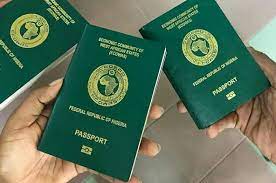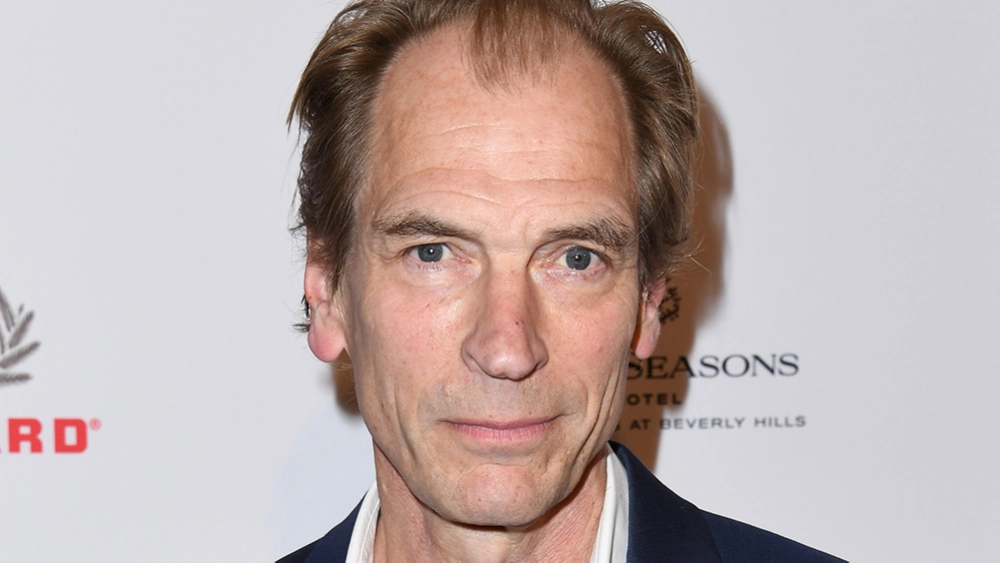
Recognized as one of the two most important festivals in the Islamic calendar, Eid el Kabir, also known as Eid al-Adha or the ‘Festival of Sacrifice’, has significant religious, social, and cultural implications for Muslims worldwide. This article takes a comprehensive look at the meaning, observances, and global significance of Eid el Kabir, unraveling the profound layers that make this holy festival a key pillar in the Islamic faith.
Eid el Kabir: The Essence
Eid el Kabir is commemorated on the tenth day of Dhu al-Hijjah, the twelfth and final month in the Islamic lunar calendar. It marks the culmination of the annual Hajj pilgrimage, which is an obligatory act of worship for every Muslim who has the means and health to undertake it.
The festival symbolizes devotion and obedience to Allah, drawing its roots from the Quranic narrative of Prophet Ibrahim (Abraham). As the tale goes, Prophet Ibrahim demonstrated his unwavering faith by obeying Allah’s command to sacrifice his son, Ismail (Ishmael). In recognition of his commitment, Allah replaced Ismail with a ram at the last moment.
Significance of Eid el Kabir to Muslims
At the heart of Eid el Kabir is the act of sacrifice, or Qurbani. This ritual embodies the spirit of Prophet Ibrahim’s submission to Allah’s will. Each year, Muslims who are financially capable slaughter a sheep, goat, cow, or camel, echoing Ibrahim’s act of faith. It’s important to note that the act of sacrifice is not about shedding blood to please Allah; rather, it’s about the sacrificer’s willingness to let go of their possessions and attachments for Allah’s sake.
One-third of the meat from the sacrificed animal is kept for the family, one-third is given to relatives, friends, and neighbors, and the remaining third is distributed to the poor and needy. This practice encapsulates the values of charity, community, and equality in Islam, and the significance of Eid el Kabir is magnified through these acts of sharing and compassion.
Beyond Sacrifice: Broader Implications
Eid el Kabir is not just a time for sacrifice; it is also a period of prayer, reflection, and familial bonding. Muslims attend congregational prayers at mosques and prayer grounds, where they also listen to sermons reminding them of the lessons inherent in Prophet Ibrahim’s story.
Moreover, the festival is an occasion for families to come together, often sharing meals and exchanging gifts. It nurtures a strong sense of community and togetherness, reinforcing social bonds and promoting harmony.
For Muslims living as minorities, this day presents an opportunity to share their cultural heritage and religious traditions with the broader community. It’s a chance for intercultural dialogue, enhancing understanding and fostering mutual respect among diverse populations.
Conclusion
In summary, the significance of Eid el Kabir to Muslims transcends the ritual act of sacrifice. It is a vivid demonstration of faith, a celebration of community, an assertion of Islamic values, and an opportunity for cultural exchange.
In today’s globalized world, understanding the deep-rooted significance of this holy festival can pave the way for greater empathy and respect between different faiths and cultures. As we engage in such dialogues, we not only broaden our knowledge but also sow seeds for a more inclusive and understanding world.











